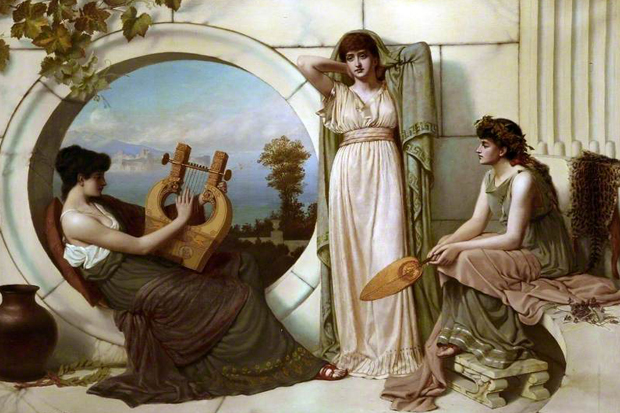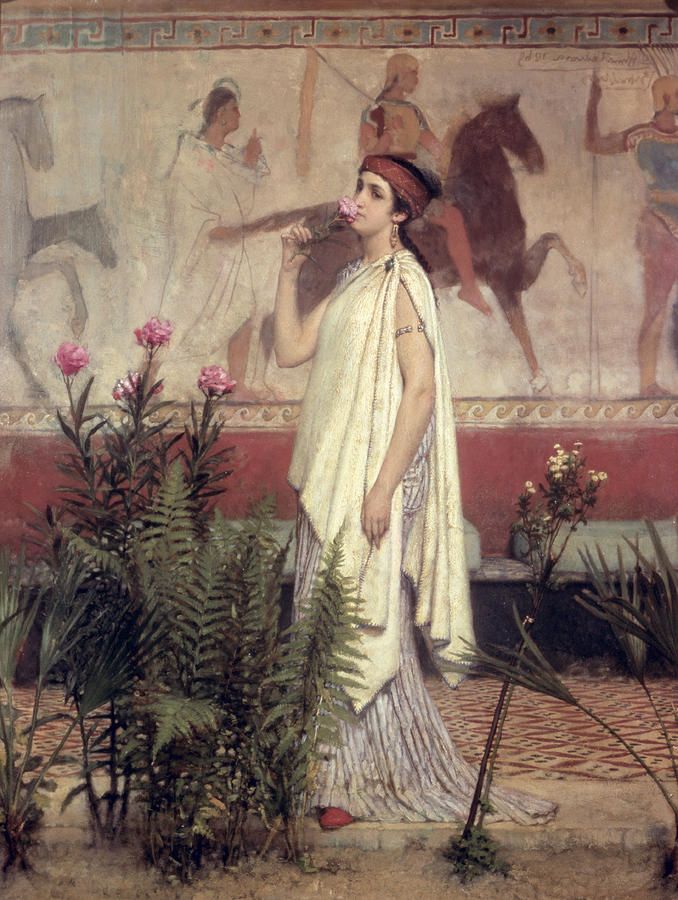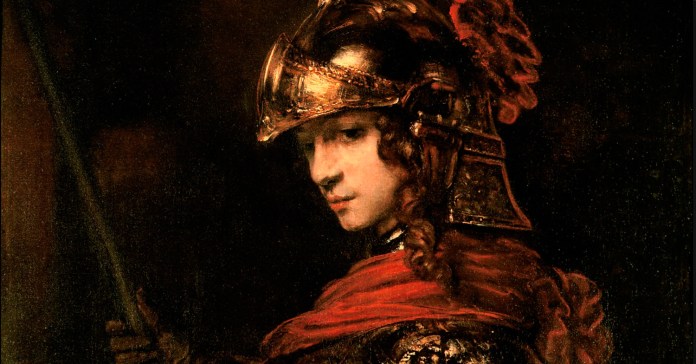Written by Angela J. Bryant, Contributing Writer, Classical Wisdom
The issue of women’s rights is often considered unique to the modern era. However, it has been an issue as far back as Ancient Greece.
Ancient Greece: Limited Rights Abound
Perhaps unsurprisingly, women had few rights compared with men back in Ancient Greece. They weren’t able to vote, nor could they own or inherit the land. Women were largely relegated to the home, taking care of cooking and cleaning, running the house, and bringing up the children.
However, those statements may not be entirely true given that they are based on evidence of life in the capital city of Athens. They may not be applicable to all areas of the Greek empire.
In Sparta, for example, women would undergo physical training just like men. They were able to own land and enjoyed the luxury of drinking wine. At one point, it’s even documented that around 40% of all property was owned by Spartan women. Spartan women were also educated and allowed freedom of movement.
Women in Mythology: Spiritual Power
There’s no denying that Greek mythology is one of the richest to have come down to us through the ages. Many of us grow up hearing about the battles, struggles, and turmoil of the Greek gods—and goddesses! Indeed, many of these myths are rich in female lead roles.
Among the most prominent was the goddess Athena, whom the capital city of Athens is named after. Hailed as the goddess of wisdom, Athena was the all-powerful figure that represented traits like courage, honor, and intelligence.
Of course, the Greek empire was revolutionary when it came to agriculture and farming, practices that revolved around two other powerful female figures: Persephone and Demeter, both goddesses of fertility.
That being said, there’s no doubt that women were also respected for their mystical powers. Goddesses like Aphrodite and Hera were known for their powers of seduction and cleverness, often derailing the male heroes of the lore.
“It’s interesting to think whether women at the time were influenced by the mythology which was so prevalent back then,” said Nick Turner, a history writer at Writinity and DraftBeyond. “What did women think of the female goddesses in power and their stories related to men? Did they care? What did they think of their male role models? There is sparse documentation, so we’ll probably never know.”
Conclusion
Women’s rights in ancient Greece differed depending on the city and local culture. Spartan and Athenian women led radically different lives. However, in the ancient Greek world as a whole, women retained significant symbolic power through their archetypes, the goddesses.
Angela J. Bryant is a successful writer and editor at Lucky Assignments and Gumessays. She specializes in topics related to social media, business, and health.
References:
Status of Women in Ancient Greece, by Zhulduz Amangelidyevna Seitkasimova, Open Journal for Anthropological Studies, Center for Open Access in Science, January 2020












No comments
Trackbacks
Our apologies, you must be logged in to post a comment.